



© 2023 Super Sleep MD All rights reserved. All information presented on this guide is for informational purposes only and is not intended to serve as medical advice This content is not intended to replace a relationship between you and your medical provider

What you will learn 03 | SLEEP LOSS AND CHANGES WITH NORMAL AGING 08 | SLEEP CHANGES WITH ALZHEIMER'S DISEASE 11 | ALZHEIMER'S DISEASE AND OBSTRUCTIVE SLEEP APNEA (OSA) 14 | MAKING THE MOST OF YOUR SLEEP AND WAKE SIGNALS 18 | SLEEP MEDICATIONS 22 | CAREGIVER CARE

Chapter 1: Sleep Loss and Changes with Normal Aging
Sleep patterns naturally shift over a lifespan. As we age, changes in our body's physiology and external factors influence our sleep. This causes changes in the quality and quantity of sleep we get.
Here are some common ways that sleep can change with normal aging:
1. Decreased sleep quality: Older adults spend more time in light sleep and less time in deep, restorative sleep.
2 Changes in circadian rhythm: Older adults may experience changes in their natural sleep-wake cycle, causing them to feel sleepy earlier in the evening and wake up earlier in the morning.
3. Increased sleep fragmentation: Older adults often experience more frequent awakenings during the night.
4. Increased daytime sleepiness: Older adults may feel more tired during the day due to changes in their sleep patterns and sleep quality.
5. Increased prevalence of sleep disorders: Older adults are more likely to experience sleep disorders such as sleep apnea, insomnia, restless leg syndrome, and periodic limb movement disorder
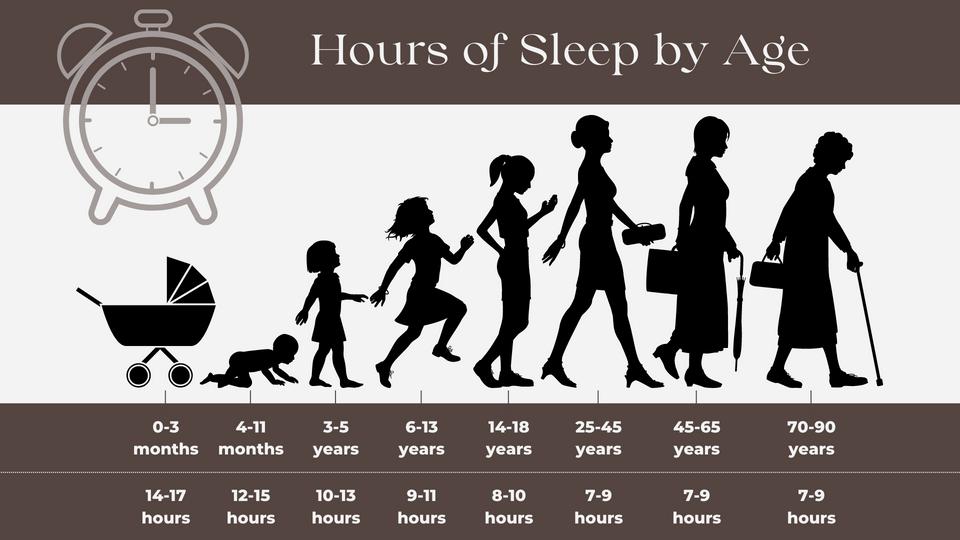
While these changes are common with normal aging, it is important to recognize that you do have influence over preserving your sleep quality and quantity. The first step is to prioritize your sleep as a measure of good health.
Sleep plays an important role in our health, particularly our brain health. Years of research have confirmed that the brain is active during sleep and carries out some important functions only during sleep.
One of sleep’s key roles is to recalibrate brain cells that are responsible for concentration, learning, memory, and emotional regulation.
According to the Centers for Disease Control and Prevention (CDC), at least one-third of adults in the United States report chronic sleep deprivation (routinely getting less than 7 hours of sleep per 24-hour period). This can have multiple negative health consequences, including increased risk for obesity, diabetes, and heart disease, as well as increased risk for accidents and injuries.
There are many factors that can contribute to poor sleep quality and insufficient sleep, including work schedules, stress, and sleep disorders such as sleep apnea and insomnia Additionally, lifestyle factors can affect sleep quality If you are experiencing persistent sleep problems, it may be helpful to talk to your healthcare provider or a board-certified sleep medicine physician.
The brain's glymphatic system is responsible for clearing waste products that result from the cellular metabolism of neurons. Metabolites and other debris are efficiently removed during sleep when the glymphatic system is most active. In fact, some brain cells shrink as we sleep as part of the normal cleansing process. This shrinking allows more space between the brain cells so that the glymphatic system can promote better clearance of metabolites
Beta-amyloid protein is a waste product that is produced in the brain during the day as a result of normal brain activity. No one is completely certain what its function is, although there is evidence that beta-amyloid is involved in the brain’s defense against invading microorganisms. Beta-amyloid protein clumps together to form the plaques that are characteristic of Alzheimer’s disease
Research has shown that people who have poor sleep quality or sleep disorders (such as sleep apnea) may have reduced clearance of beta-amyloid protein from the brain, even after short-term sleep loss
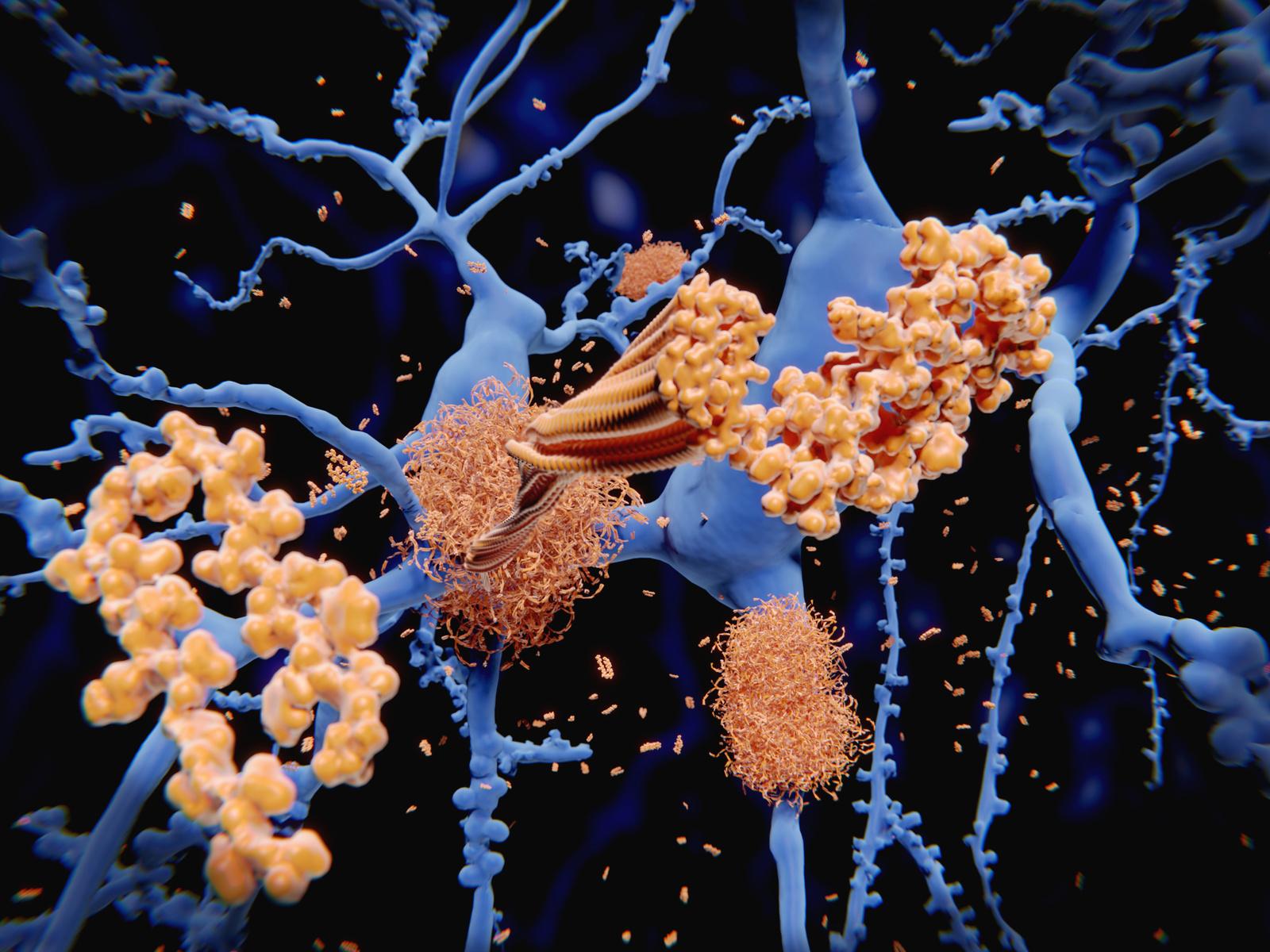
PAGE 05
Tau protein is found in the human brain and plays a critical role in maintaining the structure and stability of nerve cells
There are several theories about how sleep disruption may contribute to an increase in tau protein levels. One theory is that sleep disruption causes an increase in inflammation and oxidative stress, which can damage brain cells and contribute to the accumulation of tau protein. Another is that sleep disruption may impair the clearance of tau protein from the brain, leading to an aggregation of the protein
In Alzheimer's disease and other forms of dementia, tau protein can become abnormal and form clumps (called neurofibrillary tangles) within the brain. Tau tangles are thought to interfere with the normal functioning of nerve cells, leading to cognitive decline and memory loss.
Sleep Is For The Brain
What happens during sleep?
Cellular metabolites cleaned up
Consolidation of memories
Organization of new information
Processing of experiences
Emotional regulation
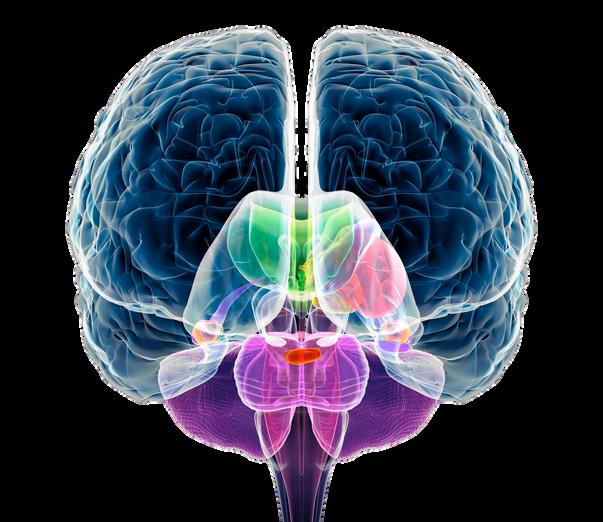
The cause of Alzheimer’s disease is thought to be the build-up of amyloid and tau proteins in and around brain cells. This could be related to insufficient sleep or poor sleep quality. The theory is, if you don’t get enough healthy sleep, your brain won’t have enough time or space to drain away beta-amyloid and tau protein, as well as other waste products. These substances then continue to accumulate, day after day, until they cause problems.
Sleep and beta-amyloid have a bidirectional link; elevated beta-amyloid may also lead to trouble sleeping.
Evidence suggests that getting adequate, high-quality sleep may be important for not only reducing the risk of Alzheimer's disease but also preserving brain health for those who are diagnosed.
The QUALITY of your sleep matters!
Sleep QUANTITY should be at least 6 hours (but preferably 7-8 hours)
PAGE 06
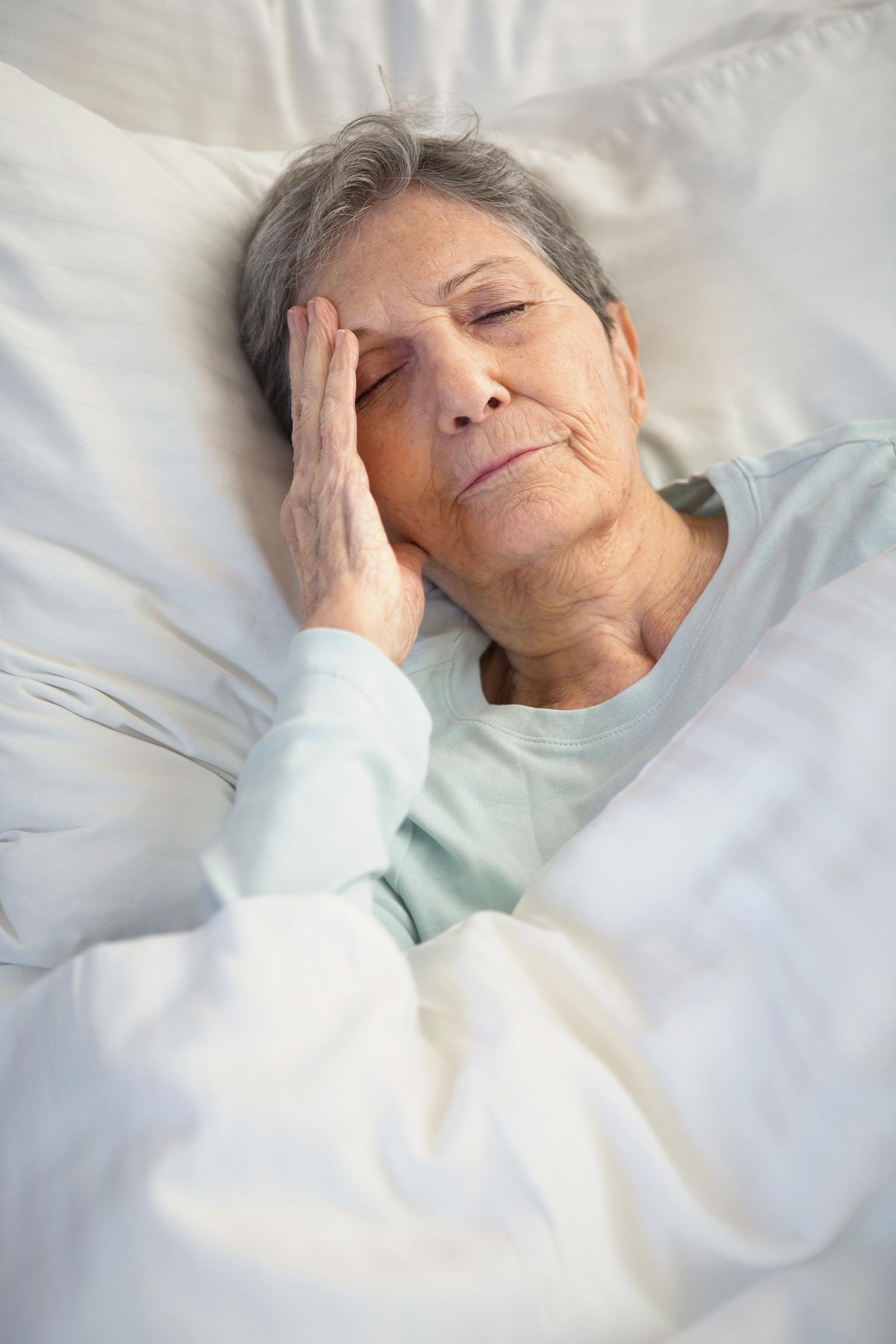
Sleep Changes with Alzheimers Disease
Chapter 2:

For people with Alzheimer’s dementia, sleep changes that are typically associated with aging can be more profound and more detrimental Sleep disturbance affects up to 25% of people with mild to moderate dementia and 50% of people with severe dementia. These sleep problems are thought to result from brain changes caused by the disease that affects sleep-wake patterns.
Sleep disturbances tend to get worse as dementia progresses in severity Additionally, nighttime awakenings for a person with Alzheimer’s disease can affect others in the home One of the most common reasons why loved ones are moved to a residential care facility is because of sleep disruption that causes intolerable effects for family members.
People with Alzheimer’s can experience dramatic changes to their sleep-wake cycle When sleep timing is disturbed in Alzheimer’s patients, the result is not sleeping enough at night and sleeping too much during the day. Frequent awakenings during the night and premature morning awakenings are also common. Researchers attribute circadian rhythm disruption in Alzheimer’s patients, at least in part, to cellular changes in the brain caused by the disease Dysregulated production of the sleep hormone melatonin in patients with Alzheimer’s may play a role. Other possible factors include decreased physical activity and less natural light exposure in the daytime.
Sleep quality. People with Alzheimer's Disease spend less time in slow-wave deep sleep and REM compared to age-matched controls. This affects memory preservation and cognition. Sleep loss can worsen other symptoms, such as delusions, restlessness, and wandering, which can, in turn, make sleeping more difficult.
PAGE 08
Sundowning. People with dementia might experience a phenomenon in the evening or during the night called sundowning. They might feel confused, agitated, anxious, and even aggressive toward others. Night wandering in this state of mind can be unsafe. The exact causes of sundowning are not well understood, but there are several theories. One theory is that changes in the brain that occur in Alzheimer's disease may disrupt the normal sleep-wake cycle, leading to confusion and restlessness in the evening. Another theory is that sensory overload, such as bright lights or loud noises, could be more overwhelming for people with dementia in the evening, leading to increased agitation and confusion.
There are several strategies that caregivers and family members can use to help manage sundowning These may include establishing a consistent daily routine, creating a calm and quiet environment in the evening, avoiding caffeine and alcohol, and providing comforting activities such as gentle music or massage. It is also important to ensure that the person with dementia gets enough healthy sleep since sleep disturbances can contribute to sundowning If the symptoms of sundowning are severe or persistent, it may be helpful to talk to a dementia specialist or a sleep medicine physician for additional support and guidance.

Risk for a sleep disorder (or more than one). Aging is associated with an increased risk for sleep disorders In fact, it is not rare for an individual to have more than one sleep diagnosis (see below) Obstructive sleep apnea is common in people with Alzheimer's disease. This is a serious medical condition that causes breathing to repeatedly stop and start during sleep. It causes transient drops in blood oxygen levels, which affect the brain and other organs. Sleep apnea also causes sleep disruption.
PAGE 09 SleepApnea(Obstructive,Central,Complex,andMixed) Insomnia RestlessLegSyndrome(RLS) PeriodicLimbMovementDisorder(PLMD) REMBehaviorDisorder(RBD) 50-70%ofeldershavesomedegreeofatleastonesleepdisorder
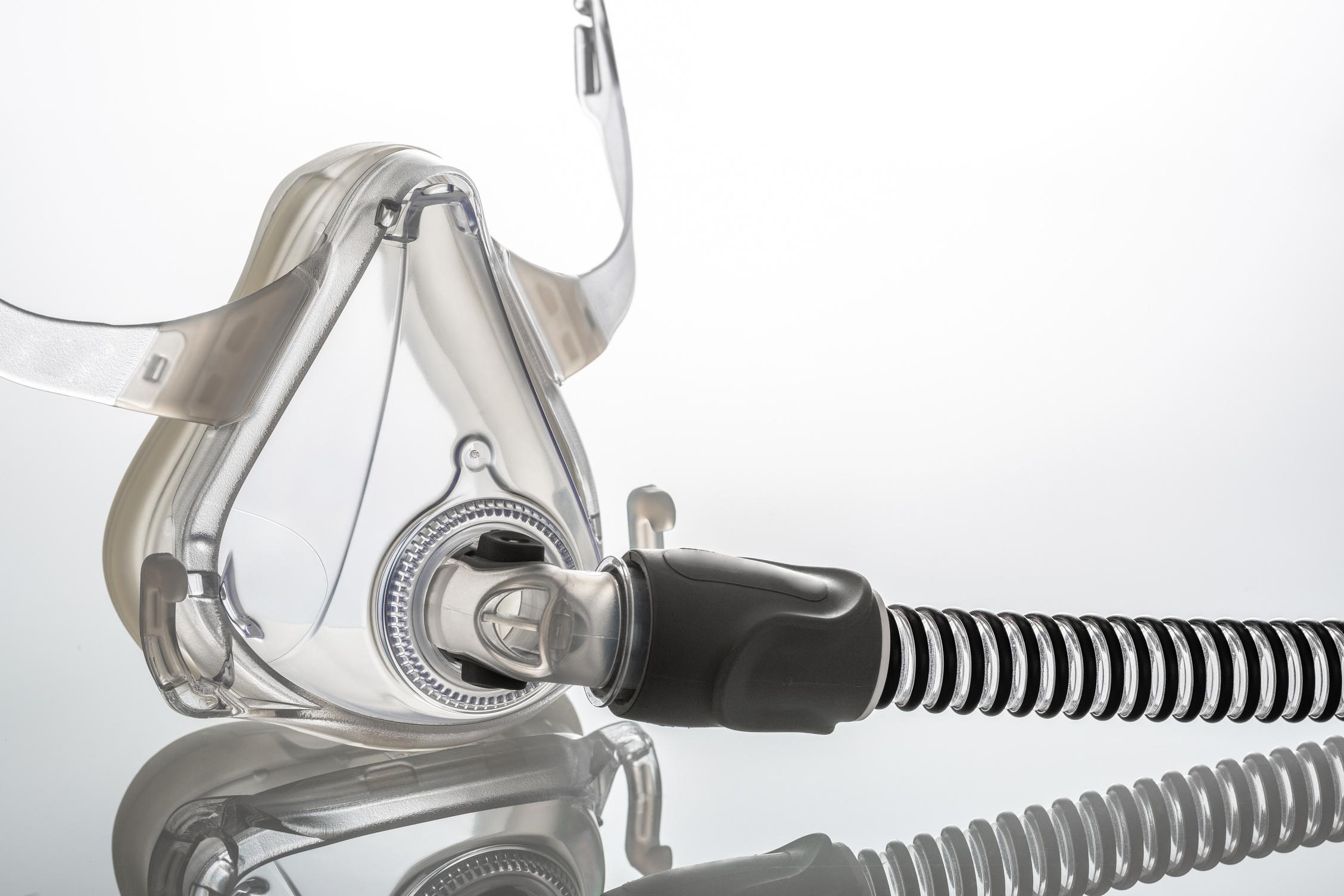
Chapter 3: Alzheimer's Disease and Obstructive Sleep Apnea (OSA)
According to the American Academy of Sleep Medicine, over 30 million people in the US suffer from Obstructive Sleep Apnea (OSA), the most prevalent type of sleep apnea. OSA is characterized by frequent, repeated interruptions in breathing during sleep These breathing events cause drops in blood oxygen levels, which is irritating to the brain. While it is commonly associated with nighttime snoring and daytime sleepiness, symptoms may be subtle or even absent
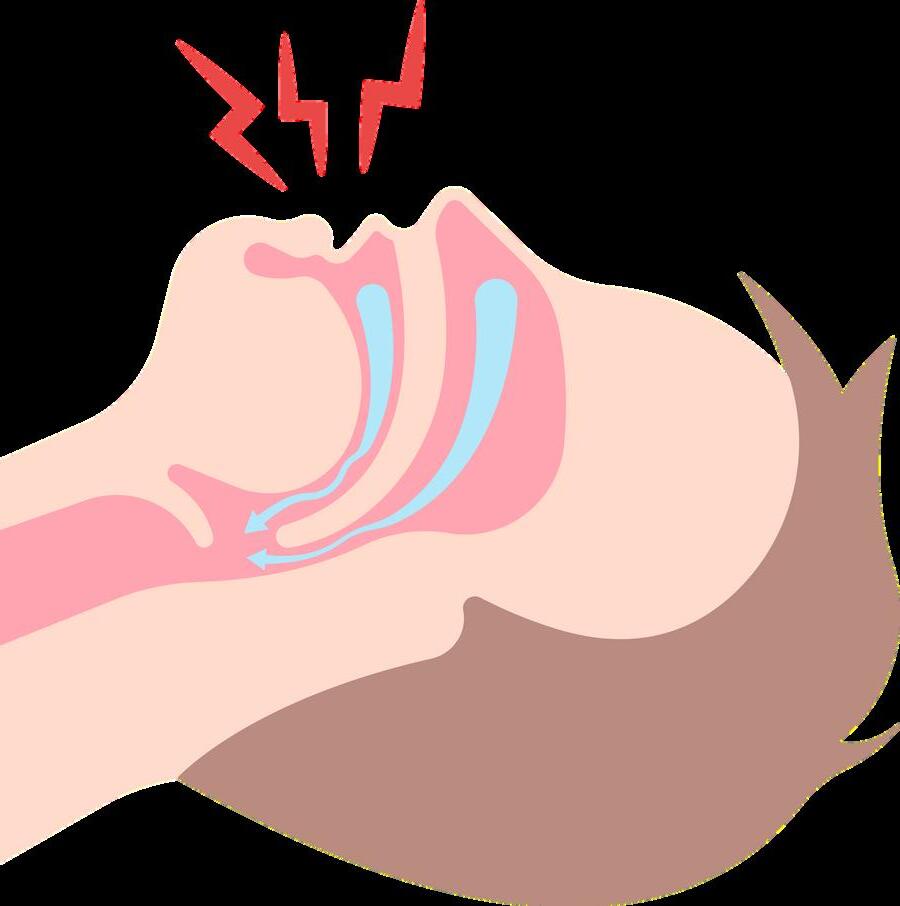
While age is not a guarantee of Alzheimer’s disease or sleep apnea, age is a common risk factor for both conditions. Recent research published in the journal Frontiers in Aging Neuroscience found that the intermittent deprivation of oxygen during sleep apnea episodes may lead to the build-up of beta-amyloid plaque in the brain, while the characteristic fragmented sleep associated with the disease may slow down the removal of toxins from the brain
Post-mortem brain studies from patients with untreated OSA reveal a reduction in the size of the hippocampus, an area of the brain important for memory, learning, and special navigation. In addition, a research study published in 2020 in the journal Sleep, found the first evidence of beta-amyloid plaque in patients with OSA in identical locations and spread the same way as in Alzheimer’s patients.
The reduced oxygen supply to the brain associated with untreated sleep apnea may lead to damaged brain cells and contribute to cognitive decline. Sleep apnea also increases inflammation and oxidative stress, which further worsens Alzheimer's disease.
PAGE 11
Learn more about Obstructive Sleep Apnea by clicking the link here: SuperSleepMD.com Join the FREE membership and watch videos on sleep apnea and its effects on the brain and body Untreated sleep apnea can increase risk of Alzheimer's disease by 70%.
There is a growing body of research demonstrating that OSA is more common in people with Alzheimer's disease than in the general population. One study published in the Journal of Alzheimer's Disease found that people with mild cognitive impairment or early-stage Alzheimer's disease were more likely to have sleep apnea than those without cognitive impairment. Another study published in the Journal of the American Medical Association found that people with sleep apnea had a higher risk of developing cognitive impairment and Alzheimer's disease.
Some risk factors for dementia include hypertension, cardiovascular disease, and diabetes These chronic illnesses are also co-morbidities of OSA, showing yet another link between Alzheimer’s disease and sleep apnea.
This information highlights the importance of getting tested for sleep apnea if you have Alzheimer's disease or are at risk. Sleep symptoms should be taken seriously, given the profound impact poor sleep can have on cognitive function and well-being
A diagnosis of sleep apnea means there is benefit to be gained since OSA is an entirely treatable condition. Treatment of sleep apnea can slow cognitive decline in people with Alzheimer's disease Continuous positive airway pressure (CPAP), is the gold standard in sleep apnea treatment
A recent study at Michigan Medicine’s Sleep Disorders Centers reviewed over 50,000 OSA patients, aged 65 years and older The research found that people diagnosed with sleep apnea who used CPAP were less likely to receive a new dementia diagnosis over the following three years compared to those who did not use CPAP.
While CPAP can be an effective treatment for sleep apnea, it may take some time to get used to wearing the mask and sleeping with air pressure supporting your airway. If you or a loved one are struggling with sleep apnea treatment, you can get help by clicking on the link below:
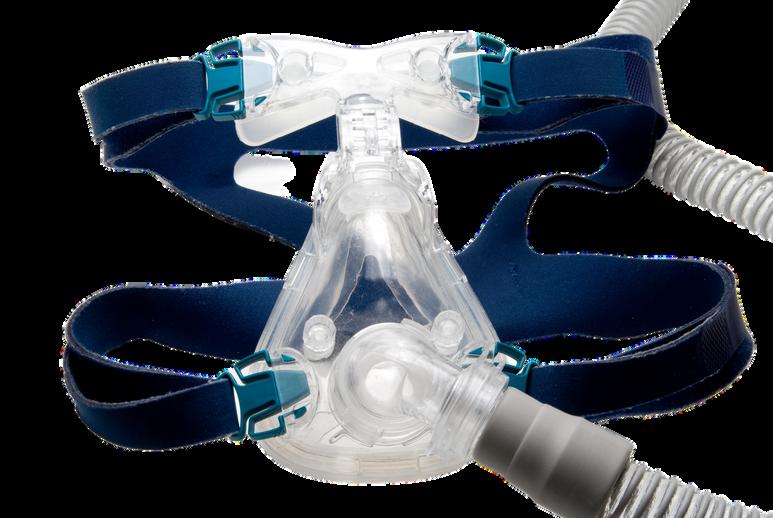
PAGE 12
SuperSleepMD.com CPAP machine (gold standard) Oral Appliance Therapy Weight loss Surgical procedures Treatments for sleep apnea
Healthy sleep is
When should you get help for your sleep?
Consider a sleep evaluation if you have one or more of these medical conditions:
Diagnosed with high blood pressure
Heart rhythm problem (such as AFIB)
Angina, or heart pain
Heart failure
Heart attack
Coronary artery disease
Especially with
Snoring
Stroke or TIA
Pulmonary hypertension
Obesity (BMI more than 30)
Diabetes or pre-diabetes
COPD or other chronic lung disease
Acid reflux during sleep
any of these symptoms:
Hard to get to sleep or stay asleep
Stop breathing during sleep
Wake up gasping for air
Mood problems
Wake up with headache
Tired, fatigued, or sleepy during the day
Memory or concentration problems
Increased appetite or weight gain
Two or more bathroom trips at night
A sleep study can help you find out if you've been missing an important piece in caring for your brain health.
healing. PAGE 13
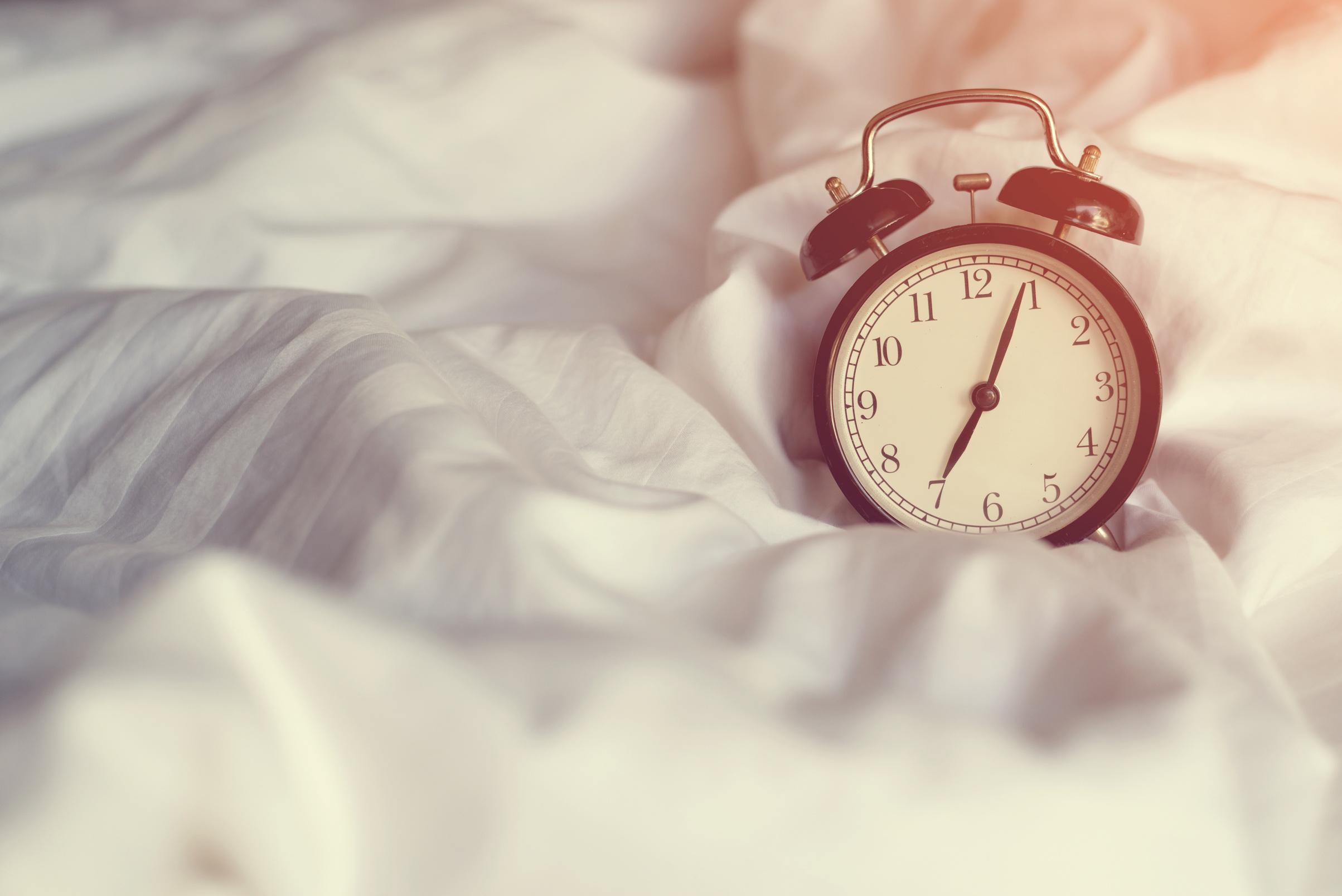
Chapter 4:
Making the most of your sleep and wake signals
These are sleep tips that are good for everyone.
Prioritize your sleep time, keeping a regular wake-up time and going to bed when you feel sleepy A consistent wake-up time is important to help your brain predict when to be awake or asleep! Consider tracking your sleep with a wearable device.
Get bright light in the morning, preferably by spending at least 15 minutes outdoors in the sunlight.
Light in the evening suppresses your own body's production of melatonin Turn down the lights at bedtime Dimmers or motionactivated nightlights may be helpful.
Avoid looking at electronic screens at night, especially between 11 pm and 4 am
Avoid naps for more than 30 minutes and after 3 pm.
Take care of your physical body with some combination of aerobic exercise, strength training, balance maneuvers, and stretching. Exercise is an easy way to improve sleep quality
Follow a daytime schedule with socializing, regular meals, and activities. Create contrast between day and night.

Treat underlying sleep conditions. Insomnia responds well to guided behavioral therapy, which is a safer approach compared to routinely using medications Untreated sleep apnea causes breathing problems and sleep problems. Get your sleep tested so you can treat any underlying sleep problems. Find an accredited sleep center near you by going to sleepeducation org
Review your medications and supplements with your prescribing physician to determine if any may be causing agitation when you want to sleep (or drowsiness when you want to be awake). Be aware that supplements often contain caffeine or other stimulants.
Caffeine, tobacco, and alcohol, especially in the 6 hours before bedtime, almost always have negative effects on sleep. Take care to limit caffeine intake to the morning hours.
PAGE 15
Sleep tips for people with Alzheimer's disease

Keep a regular and relaxing bedtime routine. Set a peaceful mood in the evening Help your loved one relax by reading out loud or playing soothing music. Find a security object such as a soft blanket or wrap, pillow, photo, or even a stuffed animal.
Light. Bright light in the morning and during the middle of the day can help a person wake up and be more active If your loved one is sleepy before the desired bedtime, bright light exposure in the early evening can help push the bedtime back and improve sleep stability.
Temperature. A cool bedroom temperature (65-68 degrees Fahrenheit) can help a person with dementia sleep better. A warm bath in the evening and wearing socks to bed helps get blood circulation to the extremities Putting an ice pack over the eyes can have a calming effect
Sound. White noise or soothing music can be reassuring and dampen environmental noise that may cause nighttime awakenings.
Manage medications. Some antidepressant medications, such as bupropion and venlafaxine, can lead to insomnia Cholinesterase inhibitors, such as tacrine, donepezil, rivastigmine, or galantamine, can improve cognitive and behavioral symptoms in people with Alzheimer's disease but also can cause insomnia. If the person with dementia is taking these kinds of medications, talk to the prescribing doctor. Administering the medication no later than the evening meal often helps
Consider melatonin. Melatonin (0.5 – 3 mg) may help improve sleep and reduce sundowning in people with dementia.
Treat pain or discomfort with pillow propping or even medication.
Maintain regular times for meals and activities during the day
PAGE 16
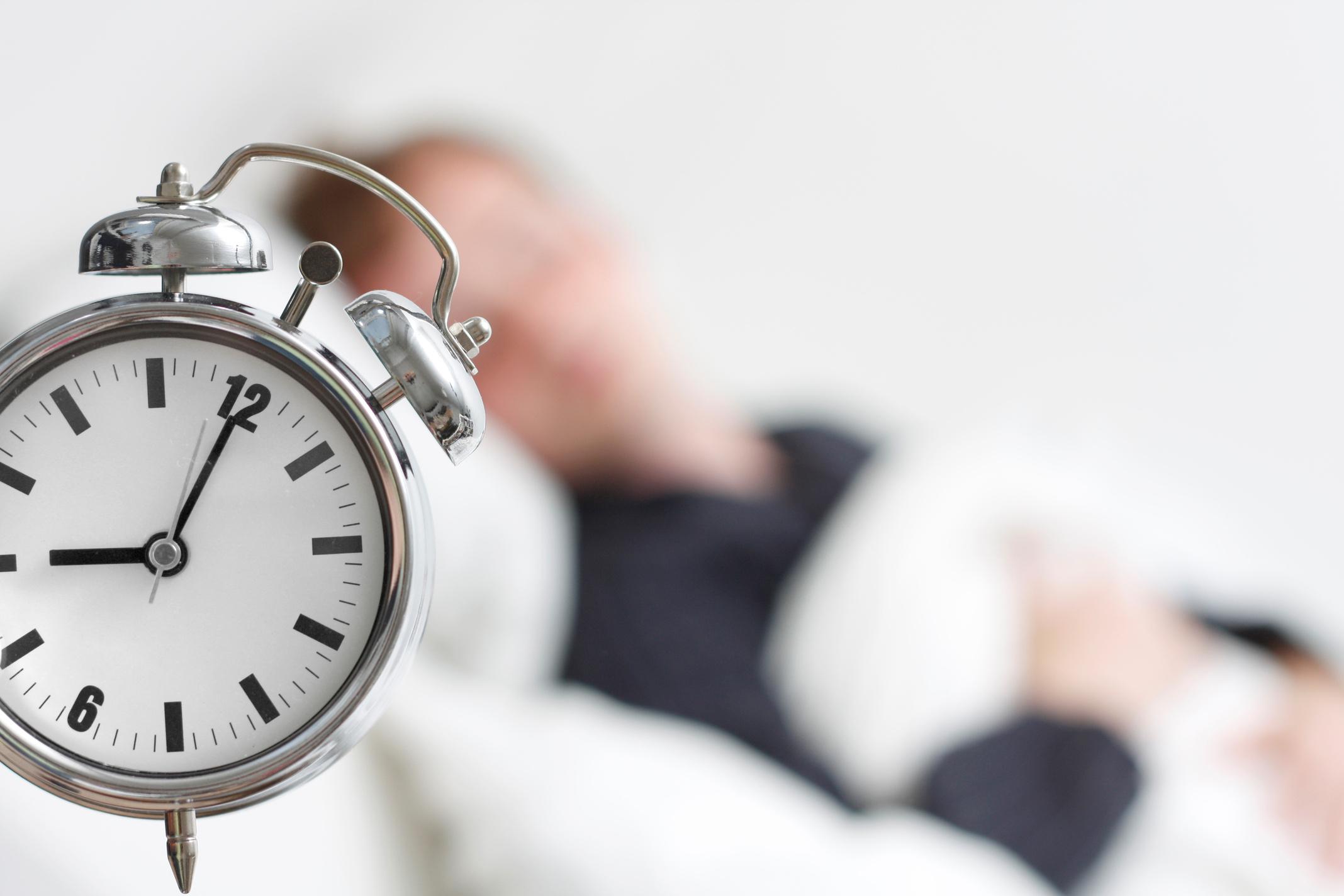
What to do when your loved one wakes up during the night
If your loved one with dementia wakes during the night, do your best to stay calm even though you might be exhausted yourself. Ask what they need and listen calmly. Nighttime agitation might be caused by discomfort or pain See if you can determine the source of the problem, such as constipation, a full bladder, or a room that's too hot or cold. Try to reassure the person that everything is OK and distract him or her from stressful or upsetting events
Try reassurance or distraction with a favorite snack, security object, or activity (looking at pictures, folding towels, telling a story).
Gently remind your loved one that it's night and time for sleep If the person needs to pace, don't restrain him or her. Instead, allow it under your supervision or with safety measures in place.
PAGE 17

Chapter 5: Sleep medications
Using Sleep Medications

The routine use of medications to treat sleep issues in patients with Alzheimer’s disease is not supported by current scientific evidence Sleep aids carry extra risks for people with Alzheimer’s; they can cause falls and injury, increase memory loss and confusion, and may have an overly sedative effect Therefore, the risks associated with sleep medications may outweigh the benefits of treatment. Studies have found that sleep medications do not significantly improve overall sleep quality for older adults Sleep aids are typically reserved for cases where all other options have been exhausted and should only be given under close supervision by a physician.
If sleep medications are used, the adage “start low and go slow” is appropriate. Additionally, plans to discontinue should be identified once a more regular sleep pattern is established. To support this, frequent follow-up visits (in person, via video, or by phone) are recommended

Sleep medications should always be used in conjunction with behaviors and routines that support sleep.

The type of medication prescribed by a doctor is often influenced by behaviors that may accompany the sleep changes The decision to use an antipsychotic drug should be considered with extreme caution. Research has shown that these drugs are associated with an increased risk of stroke and death in older adults with dementia The U S Food and Drug Administration (FDA) has ordered manufacturers to label such drugs with a “black box” warning about their risks and a reminder that they are not approved to treat dementia symptoms
Melatonin supplements have been studied as a possible option for improving sleep quality in Alzheimer’s patients. However, research examining the effectiveness of melatonin supplements in people with dementia has produced conflicting results. Some studies demonstrated a small benefit, increasing nighttime sleep by up to 30 minutes, while other studies showed no benefit There is also evidence to suggest that melatonin supplements may increase social withdrawal and depression in patients with dementia.

PAGE 19
There is evidence to suggest that longterm use of the sleep medication Ambien (zolpidem) is associated with an increased risk of developing dementia, including Alzheimer's disease.
A study published in the Journal of the American Geriatrics Society in 2015 found that people who used Ambien and other similar drugs (known as nonbenzodiazepine hypnotics) for more than three months had a higher risk of developing dementia compared to those who did not use these drugs The study also found that the risk increased with higher doses and longer duration of use.
The exact mechanism by which Ambien may increase the risk of dementia is not fully understood, but it is thought to be related to the drug's effects on the brain's neurotransmitters, particularly gamma-aminobutyric acid (GABA), which is important for memory and cognitive function
It is important to note that not all people who use Ambien will develop dementia and that short-term use of the medication is generally considered safe However, as with any medication, it is important to discuss the risks and benefits with a healthcare provider before starting or continuing treatment, particularly for long-term use. Additionally, behavioral interventions should be in place to optimize sleep patterns and help to transition off the medication.
Over-the-counter sleep aids, such as those containing diphenhydramine, have strong anticholinergic effects Diphenhydramine worsens cognition in the short term and its sedative effects tend to wear off after 3 weeks of use. Diphenhydramine also raises the risk of dementia with chronic use
Try to avoid sleeping pills, as they don’t give you the deep sleep you need. If you’re having trouble sleeping, behavioral approaches are best

If you take sleeping pills and you want to stop, go slowly and work with your prescribing physician. Anticipate reducing your dose by 25% every 2-4 weeks while implementing behaviors and routines that support your sleep
PAGE 20

Examples of medications used to treat sleep changes in people with Alzheimer'sdiseaseinclude:
Tricyclicantidepressants,suchasdoxepinornortriptyline
Benzodiazepines,suchaslorazepam,oxazepamandtemazepam Zolpidem(Ambien),zaleplon
“Atypical”antipsychoticssuchasrisperidone,olanzapine,andquetiapine
Older“classical”antipsychoticssuchashaloperidol
Trazodone
Mirtazapine
Remeron
Hydroxyzine
Ifasleepmedicationisprescribed,asktheprescribingdoctor:
Whatarethebenefitsofthismedication? Howshoulditwork?
Isitappropriatetogiveasmallerdosewithanighttimeawakening?
Whataretherisksofthismedication? Howshouldweprepare?
Arethereothertreatmentoptionsavailableifthisdoesn'twork?
TreatmentgoalswillchangeduringajourneywithAlzheimer'sdisease Make sure you understand all the available options and the benefits and risks of eachchoiceasthetreatmentplanevolves.
PAGE 21

Chapter 5: Caregiver Care
If you are a caregiver for a person with Alzheimer’s disease, you have probably wondered about your risk for the condition. Although there is no known cure for Alzheimer’s disease, lifestyle modifications will likely reduce your risk or delay the onset (and possibly delay the progression)
Insufficient or unhealthy sleep in midlife may lead to dementia. Clinical research studies have shown that people in their 50s and 60s getting six hours of sleep or less were at greater risk of developing dementia later in life
Compared to those getting normal sleep (defined as 7 hours), people getting less rest each night were 30% more likely to be diagnosed with dementia, even when smoking, physical activity, body mass index, and medical conditions like diabetes, heart disease, and depression were accounted for. It is unclear whether these sleep changes contribute to developing the disease or reflect some of the first symptoms
There are many reasons for poor sleep in middle age: shift work, insomnia, caretaking responsibilities, anxiety, and pressing deadlines, just to name a few Although not all of these are controllable, some are.

The good news is that you can reduce your risk of developing dementia by getting an adequate amount of healthy sleep. One study from researchers in Toronto and Chicago examined people who were at increased genetic risk of developing Alzheimer’s disease. They found that better sleep not only reduced the likelihood of developing clinical Alzheimer’s disease but also reduced the development of tau tangle pathology in the brain
The bottom line: Sleep isn’t merely an interruption between the important aspects of our waking lives Just like eating right and exercising, sleep is absolutely essential for good brain health.
PAGE 23

Sleep and other lifestyle factors for Alzheimer's PREVENTION
1 Get enough HEALTHY sleep: Now that you know more about healthy sleep, ask yourself a question: AM I GETTING ENOUGH HEALTHY SLEEP? If your answer is No, take action! Your brain is your most important asset, and healthy sleep is good medicine for the brain.
2. Exercise regularly: Regular physical exercise has been shown to improve brain function and reduce the risk of cognitive decline and dementia
3. Follow a healthy diet: A diet that is LOW in sugar and trans fats and HIGH in unprocessed or minimally processed foods may help reduce the risk of Alzheimer’s disease (vegetables/fruits, lean proteins, and healthy fats, such as those found in fish, nuts, and olive oil).
4 Stay socially active: Engaging in social activities, such as volunteering or joining a community group, has been shown to help maintain cognitive function and reduce the risk of cognitive decline.
5. Stay mentally active: Engaging in mentally stimulating activities, such as puzzles, reading, or learning a new skill (or a new language!), may help maintain cognitive function and reduce the risk of cognitive decline
6. Manage chronic health conditions: Conditions such as obesity, diabetes, high blood pressure, and high cholesterol can increase the risk of developing Alzheimer's disease. Managing these conditions through proper medical care and lifestyle modifications can help reduce the risk
7. Reduce stress: Chronic stress has been associated with an increased risk of cognitive decline and Alzheimer's disease. Managing stress through relaxation techniques, such as meditation or deep breathing, may help reduce this risk.
PAGE 24
Remember that you need sleep, too at least 6 hours per night but preferably 7-8 hours Sleep deprivation is widespread among family caregivers, and about 90% of dementia caregivers experience sleep problems. If you're not getting enough healthy sleep, you might not have the patience and energy needed to take care of someone with dementia. The person might also sense your stress and become agitated. Not only can lack of sleep contribute to caregiver burnout, but it can also affect your decisionmaking abilities and lead to accidents


Caring for a person with Alzheimer’s disease requires incredible dedication. Support yourself with healthy habits, including good sleep.

So if neither of you are sleeping well, and nothing seems to be helping, what’s next? Look for respite opportunities.
Ask other loved ones to help get a break before your breaking point. Consider scheduling breaks so you know when it’s coming Have family members or friends alternate nights with you so you have a chance to get uninterrupted sleep.
Talk with the doctor, a social worker, or a representative from a local Alzheimer's association to find out what help is available in your area.
In-home care services can be a great resource for tired caregivers who wish to keep a loved one at home. Some home care agencies offer around-theclock or overnight care aides to help family members get the rest they need Services are typically customizable and can accommodate a family’s busy schedule.
PAGE 25
SUMMARY
Here are a few ways that sleep is related to Alzheimer's disease:
Amyloid clearance: Beta-amyloid protein accumulates in the brain over time. During deep sleep, the brain's glymphatic system clears out waste products, effectively “rinsing” the brain of metabolites, including betaamyloid protein. Poor sleep quality impairs this clearance process, which can lead to an accumulation of amyloid-beta plaques in the brain. These plaques interfere with communication between neurons Sleep and betaamyloid have a bidirectional link; elevated beta-amyloid may also lead to trouble sleeping
Tau protein: Tau protein is another hallmark of Alzheimer's disease, and is involved in the formation of “tangles” in the brain There is evidence that suggests that sleep disruption can lead to an increase in tau protein levels in the brain.
Cognitive impairment: Poor sleep quality and sleep disruption can cause cognitive impairment, including memory loss and difficulty with problemsolving. These are also common symptoms of Alzheimer's disease.
Sleep disorders: Sleep disorders such as sleep apnea have been linked to an increased risk of cognitive impairment and Alzheimer's disease.
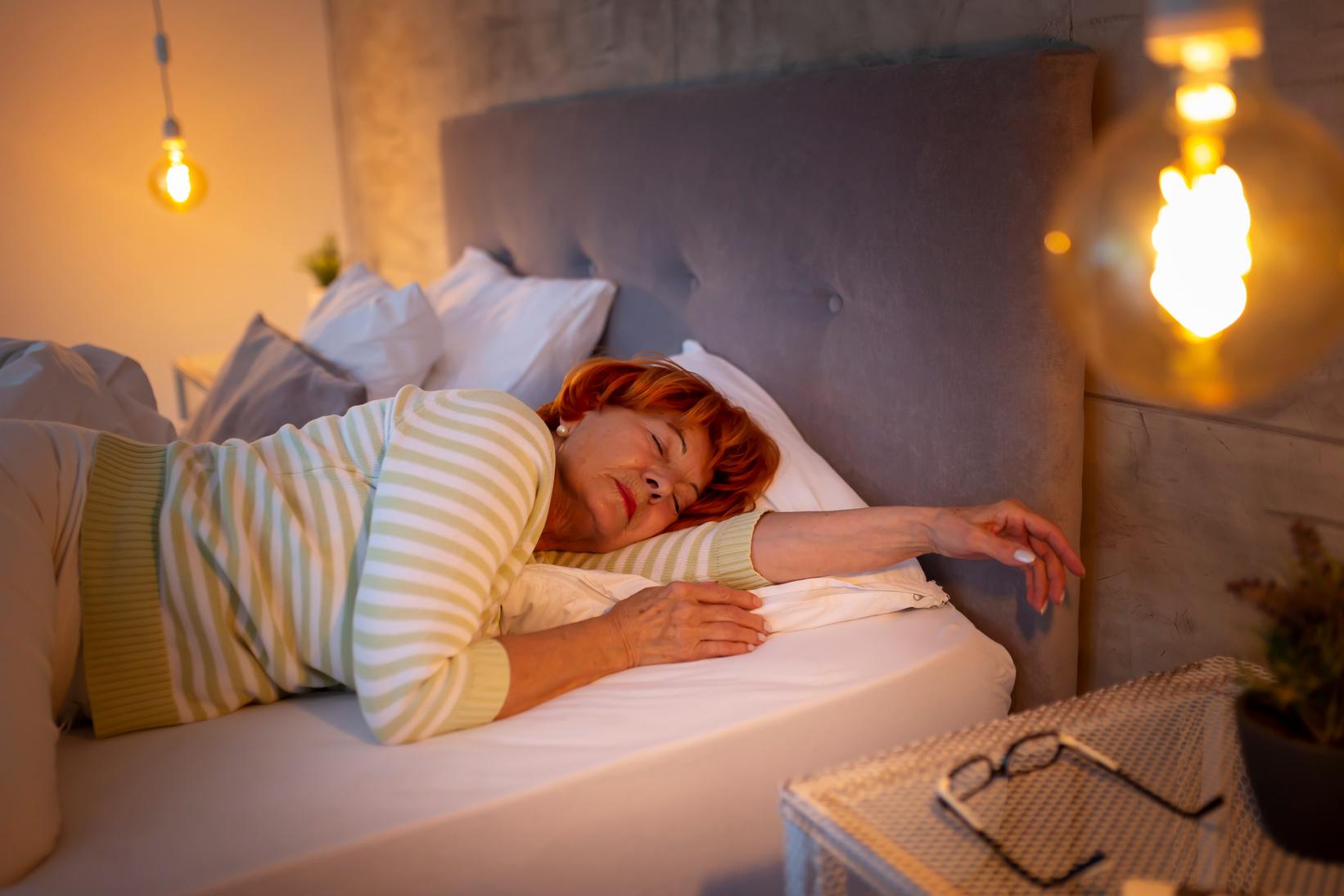
PAGE 26
AUDREY WELLS, MD
Dr Wells is a seasoned sleep medicine physician and professional mindset coach She is on a mission to promote good sleep as good medicine.
She helps people with sleep apnea get fully treated without sacrificing comfort
Through Super Sleep MD, she offers a comprehensive library of self-directed courses, a group coaching program, and a private Facebook community.
There are free educational resources and more on her website SuperSleepMD.com.


About the Author
The well-slept version of you is the BEST version of you. How can I help you sleep? Visit SuperSleepMD.com to contact me.
































